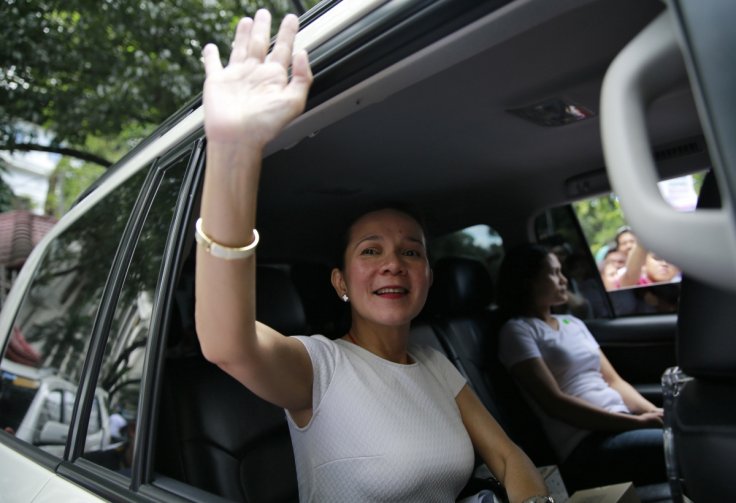
Philippines presidential candidate Grace Poe has won a crucial verdict from the Supreme Court that reversed her disqualification by the election commission.
Poe, a leading contender in the May election, appealed to the Supreme Court to overturn the poll body's decision to cancel her certificate of candidacy (COC) in the elections.
The Commission on Elections (Comelec) earlier cancelled her certificate of candidacy saying she didn't fulfill mandatory 10-year residency requirement.
However, Poe's lawyers said the ruling was "somewhat premeditated, and that bias and impartiality tainted the Comelec's acts."
Theodore Te, the court spokesman, said nine out of 15 judges in the apex court held the view that Poe is eligible to run for office.
While the Poe campaign lauded the ruling, opponents criticised the verdict saying they were shocked.
"The Supreme Court once again sided with the rule of law in upholding the petition of Sen. Grace to reverse the partisan, biased and unfounded decision of the Commission on Elections disqualifying her from the presidential race," Poe running mate Escudero said in a statement.
Poe, who had been in the US with her husband for a number of years before returning home in 2005, is currently serving as a senator.
Dangerous result
Poe's lawyers argued that the Comelec disregarded the overwhelming evidence proving that Poe was a natural born citizen.
"As importantly, the burden to prove that petitioner is not a natural-born Filipino citizen rested on the private respondents, because petitioner is presumed by law to be qualified for the office for which she now seeks to run," the legal team said.
Poe said she began settling down in the Philippines in 2005, purchased a property later that year and sold her US assets in 2006.
Meanwhile, the lawyers for the Senator Francisco Tatad, who filed for Poe's disqualification, said the ruling was a dangerous result and a perfect recipe for chaos.
"The Constitution was bastardized," he counsel said, according to The Inquirer.
The court, which allowed her to run, did not, however, make it clear whether it thought she had fulfilled the 10-year residency requirement for presidential candidates.








